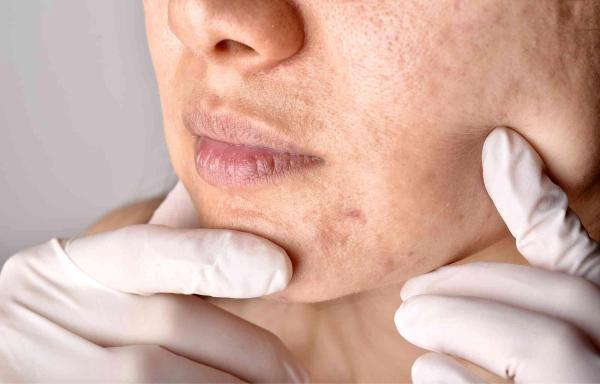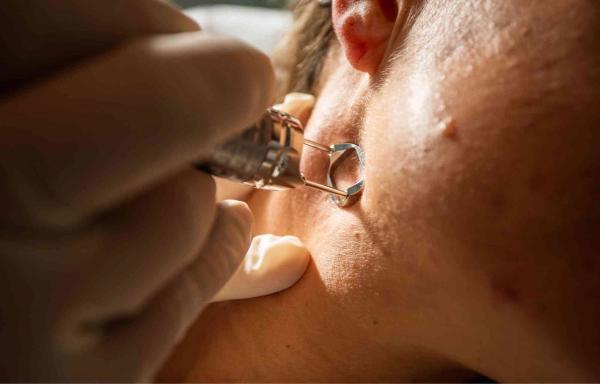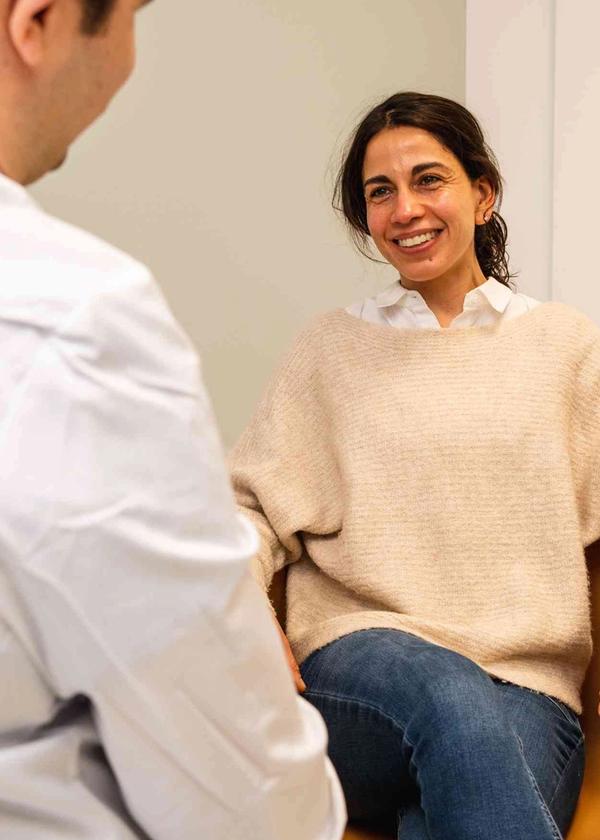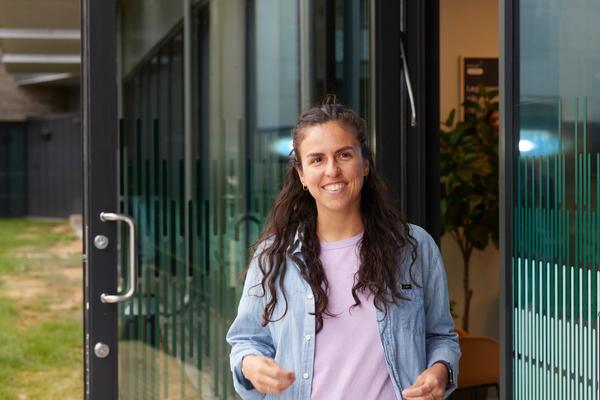Acne scars: Effective treatment and reduction with Dr. Dropin
Suffering from acne scars?
Dr.Dropin offers effective treatments to reduce the visibility of acne scars and improve skin texture.
Book a consultation today!
Book appointmentDr.Dropin offers effective treatments to reduce the visibility of acne scars and improve skin texture.
Book a consultation today!
Book appointmentAcne scars are a common consequence of acne, especially with severe or inflamed breakouts. The scars can be both sunken (atrophic scars) or raised (hypertrophic scars) and can affect both appearance and self-esteem.
Read more about acne and pimplesRead more about laser treatment of scars
We offer effective treatments to reduce the visibility of acne scars and improve skin texture:

It is important to have realistic expectations of the treatment. Acne scars cannot be completely removed, but treatment can significantly reduce their visibility and improve skin texture. The number of treatments needed will vary depending on the type and severity of the scar.
After the treatment, it is important to protect the skin from the sun and avoid make-up and strong skin care products for a few days.
We will provide you with detailed information about post-treatment and follow-up.

The best way to prevent acne scars is to treat acne early and effectively. Avoid squeezing or picking at the pimples, as this can increase the risk of scarring.
Read more about how we can help you with acne
Our experienced dermatologists will assess your skin and scar type and recommend the best treatment for you. We offer:
Book a consultation with Dr. Dropin today and get help to reduce the visibility of the scars.
Book a consultation for acne scar treatment